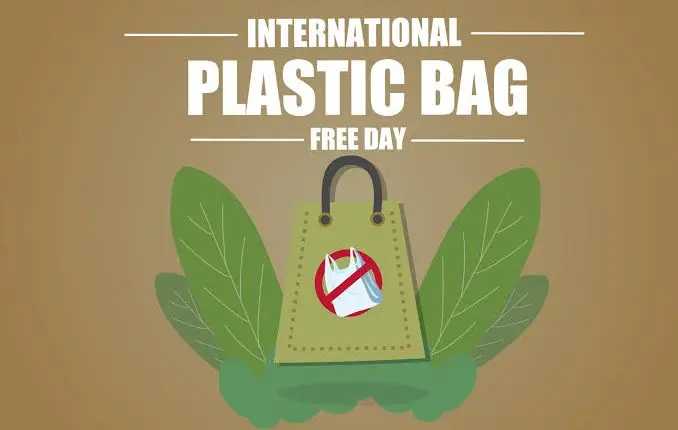International Plastic Bag Free Day, celebrated every year on July 3rd, holds global significance in raising awareness about the detrimental effects of disposable plastic bags on the environment. It serves as a collective reminder for individuals, communities, and businesses worldwide to reduce their reliance on plastic bags and seek sustainable alternatives. Through a range of activities, workshops, and campaigns, people, environmental groups, and organizations strive to educate the public on the negative consequences of plastic bags and promote the widespread adoption of reusable bag options.
Unlike previous years, there is no specific theme designated for the 2023 International Plastic Bag Free Day. However, the overarching objective remains consistent: fostering a shared awareness that encourages individuals and communities to decrease their dependence on plastic bags and advocate for sustainable substitutes. This day acts as a catalyst for behavioral change, promoting the shift away from plastic bags to create a cleaner and more sustainable environment. Moreover, it serves as a poignant reminder of the adverse impacts plastic bags have on ecosystems, wildlife, and human health.
In 2008, Zero Waste Europe initiated a campaign targeting the issue of single-use plastic bags, coinciding with July 3rd as International Plastic Bag Free Day. Subsequently, the European Union introduced specific directives in 2015 to reduce the usage of single-use plastic bags. Over time, the movement gained significant momentum, leading to numerous countries implementing bans on plastic bags. Today, International Plastic Bag Free Day has evolved into a global event observed by countries worldwide.
Plastic bags, notorious for their short lifespan and resistance to decomposition, have become a grave environmental concern. They pollute land and waterways, posing a severe threat to marine life. The accumulation of plastic bag waste not only harms wildlife but also disrupts ecosystems, exacerbating the already critical issue of plastic pollution. International Plastic Bag Free Day shines a spotlight on the urgent need to address this problem and encourages individuals, communities, and businesses to adopt sustainable alternatives.
The journey towards reducing plastic bag consumption gained significant momentum through the efforts of organizations like Zero Waste Europe and directives passed by the European Union. These initiatives sparked a global movement, with many countries implementing bans or levying taxes on single-use plastic bags. On International Plastic Bag Free Day, various events, workshops, and awareness campaigns are organized worldwide to educate the public about the environmental impact of plastic bags and promote the use of reusable alternatives such as cloth bags, paper bags, or durable eco-friendly bags.
International Plastic Bag Free Day serves as a powerful reminder of our individual responsibility in creating a more sustainable future. Each person can contribute to the cause by adopting simple yet impactful habits. Carrying a reusable bag when shopping, refusing unnecessary plastic bags, and embracing reusable alternatives for storage and transportation are practical steps that can make a significant difference. By making conscious choices and spreading awareness among friends, family, and local communities, we can collectively work towards a cleaner and healthier environment.
Governments play a crucial role in addressing the issue of plastic bag pollution. Legislative measures such as imposing bans, implementing taxes, or incentivizing the use of sustainable alternatives have proven effective in many countries. The European Union’s directives to reduce single-use plastic bags serve as an exemplary model for other regions to follow. International Plastic Bag Free Day provides an opportunity for governments to reinforce their commitment to environmental sustainability and consider further policy actions to combat plastic bag pollution.
